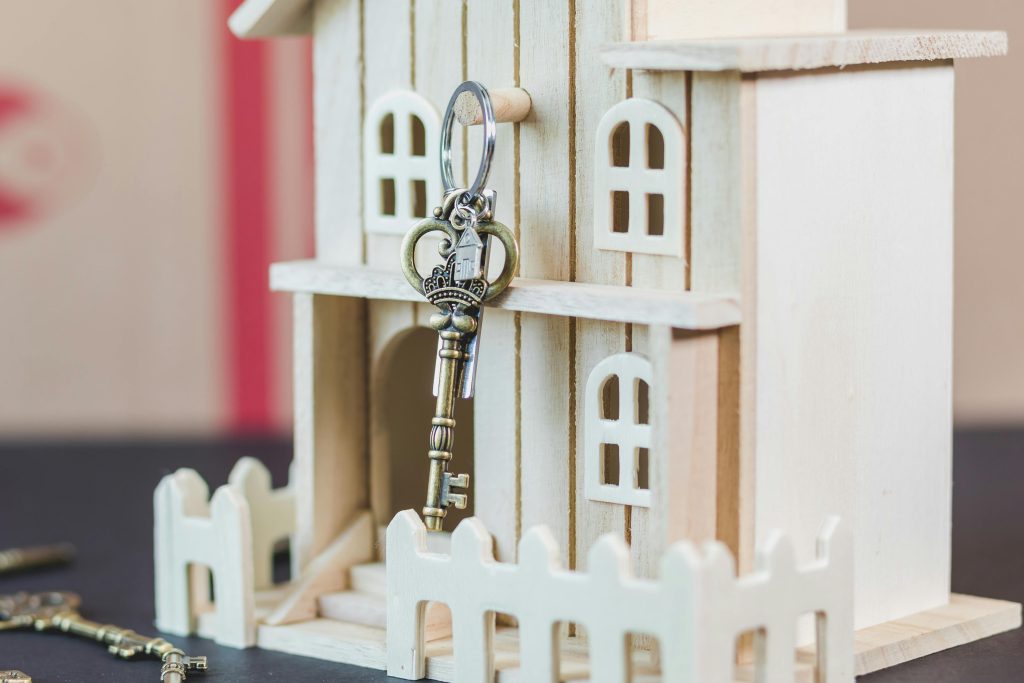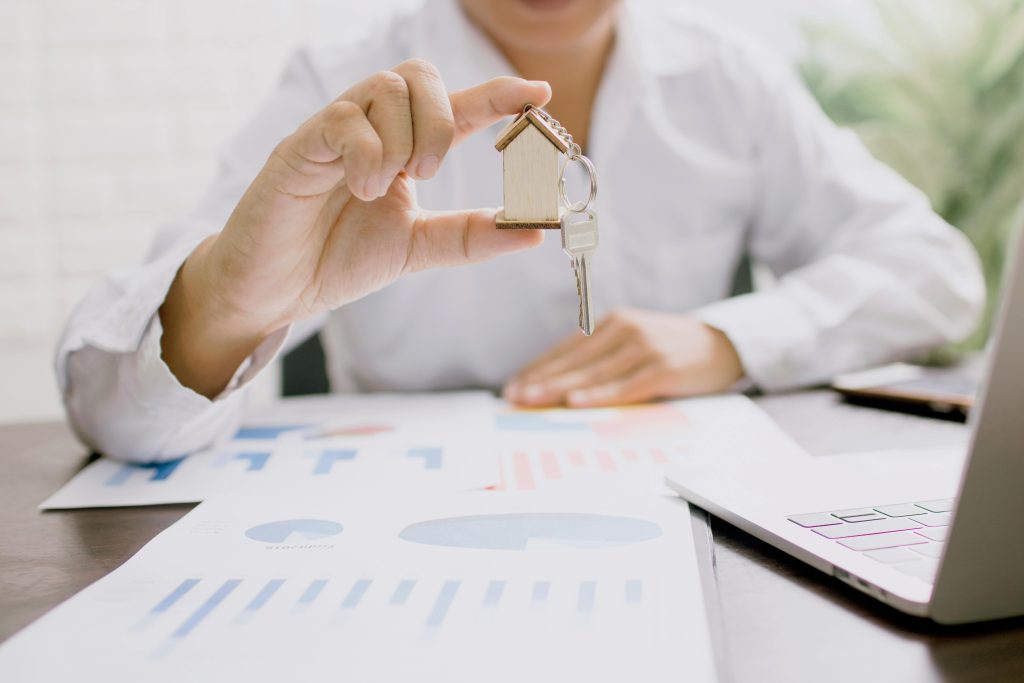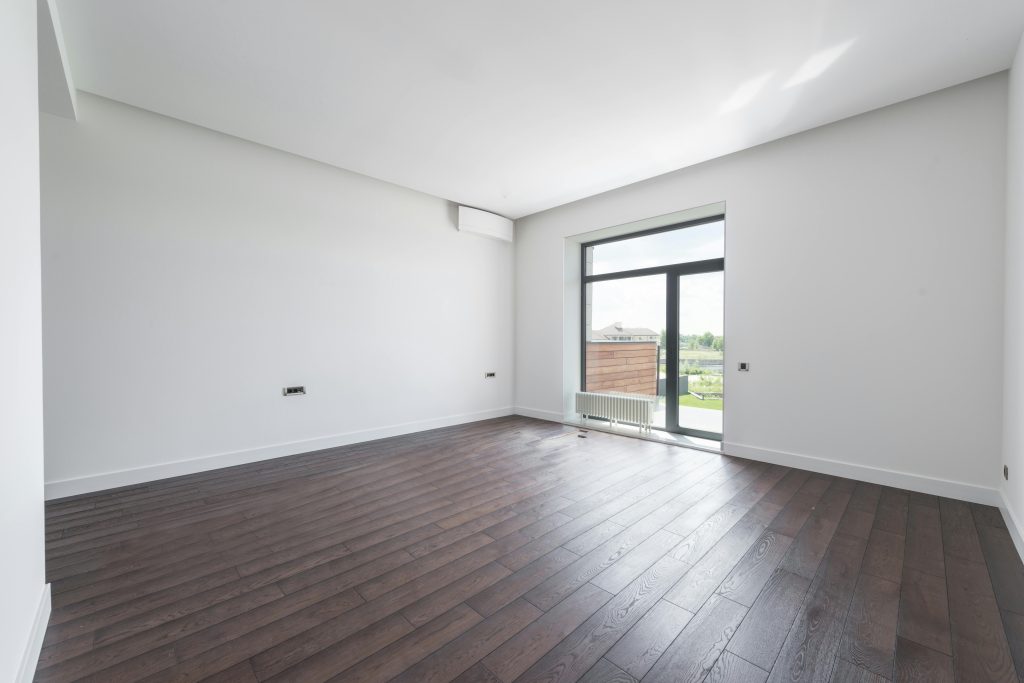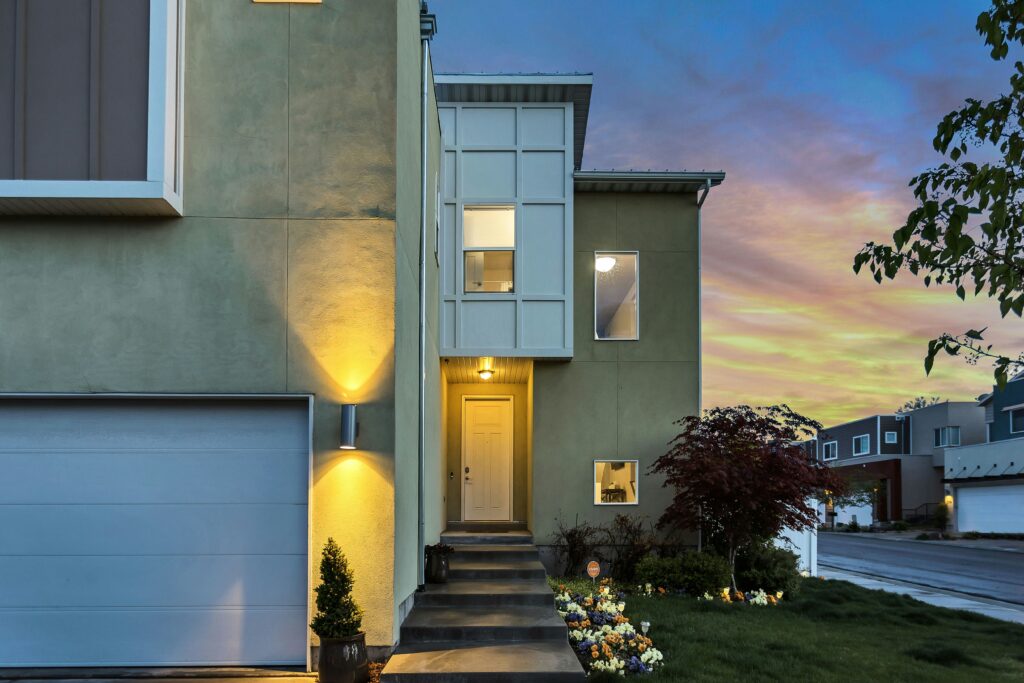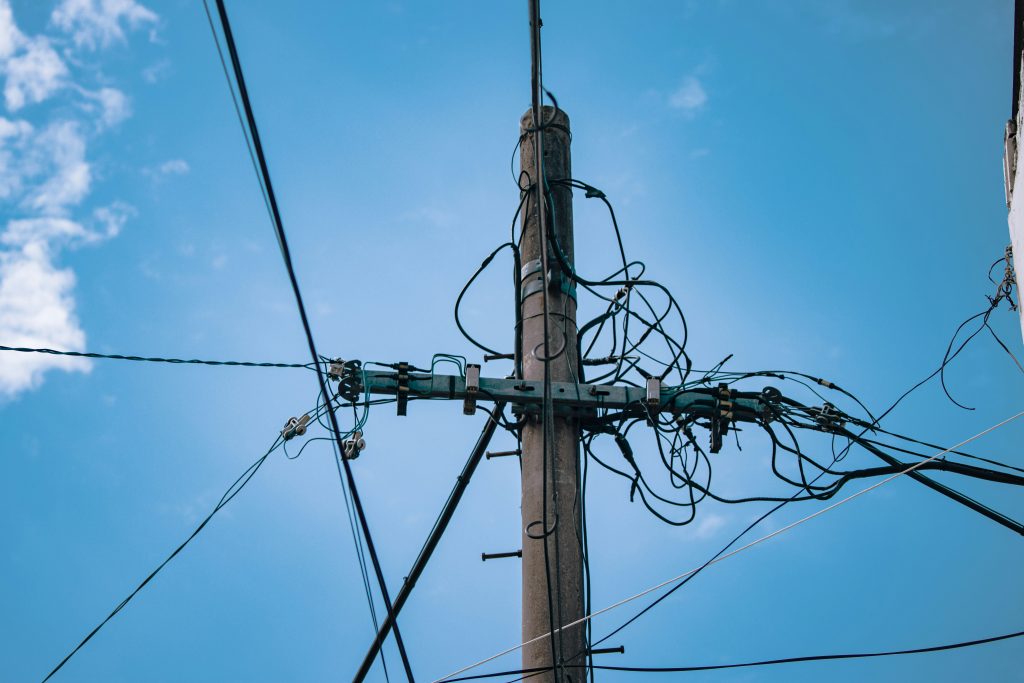Can You Sell a House with a Mortgage?
Short answer? Absolutely.
In fact, most property sales in the UK involve a mortgage that hasn’t yet been paid off. You’re far from alone.
But while it’s totally legal — and extremely common — selling a house with a mortgage isn’t as simple as passing over the keys and pocketing the cash.
There’s a process. There are rules. And there are a few pitfalls to watch out for.
In this guide, I’ll walk you through exactly what happens to your mortgage when you sell, how the process works step by step, and what to do if you’re dealing with arrears, negative equity or you’re just in a hurry.
Let’s start with the basics.
Selling with an Outstanding Mortgage
Selling a property with a mortgage is standard practice. As long as you can cover the remaining balance on the loan (either from the sale or with a top-up from your own funds), the sale can go ahead without issue.
The lender doesn’t need to sign off the sale in most cases — as long as they’re getting paid in full at the end.
Here’s the deal:
- You don’t need permission from your lender to sell…
- …unless you’re in arrears, negative equity, or trying to transfer the mortgage.
So for 90% of homeowners? Selling with a mortgage is totally straightforward.
How Is the Mortgage Paid Off When You Sell?
When your sale goes through, your solicitor or conveyancer plays a big role in making sure everything is sorted properly with your mortgage.
Your Solicitor’s Role
Once you’ve accepted an offer and you’re heading towards completion, your solicitor will:
- Request a redemption statement from your lender (this shows exactly how much you owe as of the completion date)
- Handle all funds during the sale
- Ensure the mortgage is repaid directly from the sale proceeds
On Completion Day
Here’s a simple breakdown of what happens:
- The buyer transfers funds to your solicitor.
- Your solicitor pays off your mortgage using the redemption figure.
- Any remaining money is transferred to you.
Flow of Funds:
Buyer ➝ Solicitor ➝ Mortgage Lender ➝ You
You won’t have to do anything manually — your solicitor takes care of it.
What If the Sale Price Doesn’t Cover the Mortgage?
Here’s where things get tricky.
If the value of your home has dropped — or if you’re on an interest-only mortgage that hasn’t reduced over time — you might find yourself in negative equity.
What Is Negative Equity?
Negative equity means your mortgage debt is higher than your home’s current market value.
For example:
- Mortgage balance: £185,000
- House value: £160,000
- Equity: -£25,000
This shortfall can cause serious delays or even stop the sale from happening — unless you take action.
Your Options If You’re in Negative Equity
1. Top up the shortfall yourself:
If you’ve got savings or access to a loan, you can pay the difference to your lender and complete the sale.
2. Apply for a shortfall sale (with lender consent):
This is when you ask your lender to agree to sell the property even though the sale price won’t cover the full mortgage. It’s not guaranteed — and you’ll still owe the shortfall unless they agree to write it off.
What If You’re in Mortgage Arrears?
Falling behind on payments? You can still sell — but time isn’t on your side.
Can You Still Sell If You’re in Arrears?
Yes — and in fact, it’s often the best option.
If you’re already in arrears, or if you’ve had court letters or possession threats from your lender, selling your house voluntarily is usually far better than waiting for repossession.
Lenders may start possession proceedings if they believe you’re not resolving the debt — so the faster you act, the more control you keep.
What Happens to Early Repayment Charges?
Here’s something many homeowners forget to check until it’s too late…
If you repay your mortgage early — for example, during a fixed-term or discounted-rate period — you may face an Early Repayment Charge (ERC).
What Are Early Repayment Charges?
ERCs are fees that lenders apply when you pay off your mortgage earlier than agreed. They’re built into many fixed-rate and tracker deals, especially in the first few years.
Typical charges range from 1% to 5% of your remaining loan balance.
For example:
- Outstanding mortgage: £180,000
- ERC rate: 3%
- Charge: £5,400
That’s not pocket change. And it can catch you out if you haven’t planned ahead.
How to Avoid (or Minimise) ERCs
- Check your mortgage terms: Look for anything about “early repayment charges” in your contract or key facts illustration.
- Port your mortgage (if eligible): Some lenders allow you to carry the mortgage over to your new home — more on that in a second.
- Wait until your deal ends: If possible, delay the sale until your fixed or discounted period finishes. No ERCs = more profit. But of course you’ll be on a higher interest rate after your fixed term deal ends, which means selling quickly will be important.
Can You Transfer Your Mortgage to a New Property?
This brings us neatly onto porting.
What Is Porting a Mortgage?
Porting means taking your current mortgage deal with you when you move. You repay the old loan, but simultaneously take out a new one on your next property — on the same terms.
It sounds simple, but there’s a catch…
Pros of Porting
- Avoid ERCs: If you’re mid-deal, porting could save you thousands in fees.
- Keep a good rate: If you locked in a low interest rate before hikes, porting lets you hold onto it.
Cons of Porting
- It’s not guaranteed: Even if your deal is “portable”, your lender can still say no — especially if your financial situation has changed or you’re buying a very different kind of property.
- You still have to reapply: Porting isn’t a loophole — it’s essentially a new application, with all the usual credit checks, affordability assessments and paperwork.
Bottom line? Porting can work — but don’t bank on it without speaking to your lender first.
Do You Need to Inform Your Mortgage Lender?
One of the most common questions we hear is:
“Do I need to tell my lender I’m selling my house?”
In most cases: No, not directly.
As long as the mortgage is being repaid in full on completion day, you don’t need to notify your lender in advance. Your solicitor handles that as part of the legal process.
But there are exceptions:
- You’re in arrears. It’s crucial to let your lender know early, especially if you’re trying to avoid repossession.
- You’re in negative equity. Your lender needs to approve a sale if the proceeds won’t clear the mortgage.
- You’re porting the mortgage. You’ll need to liaise with the lender to arrange the transfer and reapply under their criteria.
Outside of those scenarios? Your solicitor takes care of it all behind the scenes.
Special Situations You Might Face
Selling a House with a Joint Mortgage
If there are two (or more) names on the mortgage, you both need to sign off on the sale.
If you’re separating, divorcing or dealing with a dispute, this can get complicated. You may need:
- A court order or legal agreement if one party refuses to sell
- A Deed of Trust to agree how proceeds should be split
Either way, you’ll want a solicitor who’s used to handling this sort of thing.
Selling After the Mortgage Term Ends
If your mortgage has reached the end of its term and still hasn’t been paid off (common with interest-only deals), your lender may:
- Charge a higher standard variable rate
- Push for a sale if you don’t clear the debt (typical on interest-only mortgages)
Don’t wait for them to act. If your mortgage has expired, speak to your lender or a cash buyer like us immediately.
Using a Cash Buyer Like Property Rescue
Let’s be honest: sometimes the usual way of selling — estate agents, endless viewings, chains, delays — just isn’t practical.
That’s where we come in.
Want a Fast, Mortgage-Handled House Sale?
Selling with a mortgage isn’t a problem — but you need to understand how the process works.
Whether you’re moving up the ladder, dealing with negative equity, or facing urgent debt problems, the key is to get clear on your options early.
If you’re under time pressure or financial stress, our service at Property Rescue is built for you.
We can:
- Commit to your house in as little as 48 hours
- Handle all legal paperwork and mortgage redemption
- Pay your legal fees
- Guarantee the sale — no chains, no fall-throughs
- Offer a cash advance before completion if needed
- House sold in just a couple weeks
It’s ideal if you’re facing:
- Repossession
- Divorce
- Inheritance issues
- A broken chain
- Negative equity or arrears
You get peace of mind, certainty, and your money — fast.
Get a free, no-obligation cash offer now.
We’ll handle the paperwork, pay off your mortgage, and get you moving forward.




